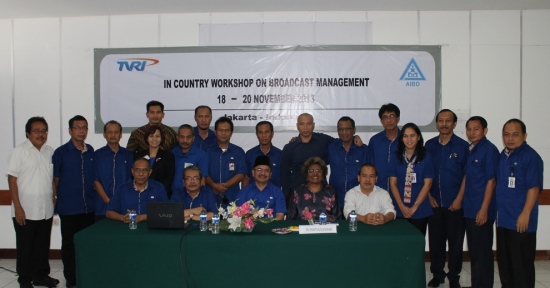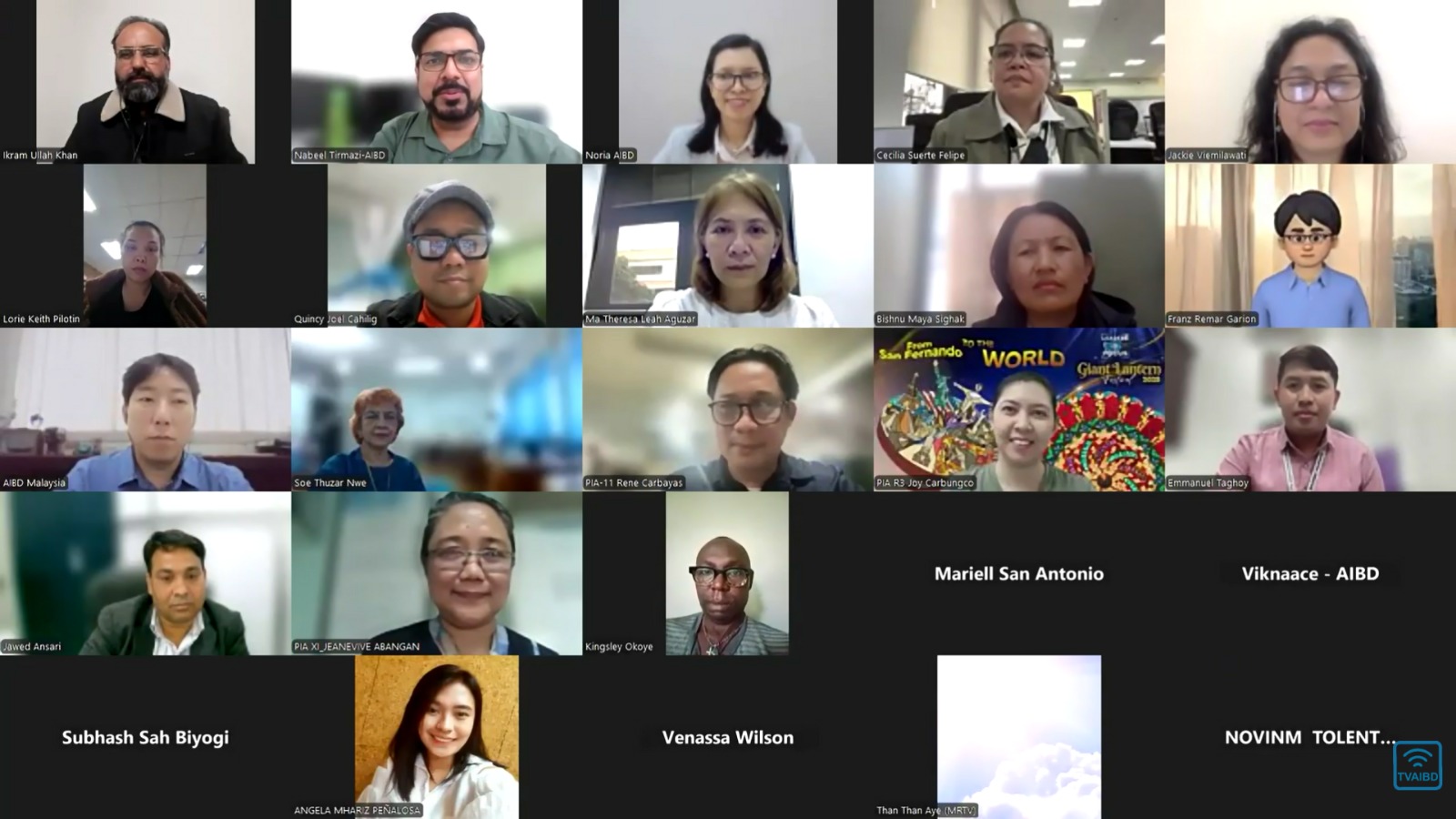
Broadcast Management Training at TVRI
Southeast Asian countries have become the new growth region heralding rapid socio-economic progress and advancement. Indonesia is no exception, fast-growing and becoming a stronger regional and global player. Broadcasting organisations will need to adopt new initiatives and develop leadership styles to ride these waves of change and deliver programmes and information to the viewers and listeners in line with the ever-changing needs and aspirations of a new type of audience that is more educated, informed not to mention demanding.
Southeast Asian countries have become the new growth region heralding rapid socio-economic progress and advancement. Indonesia is no exception, fast-growing and becoming a stronger regional and global player. Broadcasting organisations will need to adopt new initiatives and develop leadership styles to ride these waves of change and deliver programmes and information to the viewers and listeners in line with the ever-changing needs and aspirations of a new type of audience that is more educated, informed not to mention demanding.
A three-day training on Broadcast Management to provide training that will undoubtedly support in fulfilling training needs in broadcasting in Indonesia which is in compliance with the AIBD’s mandate to assist in the developmental needs of the member countries of the Institute. The participants included senior officials from various sections in radio and/or television from TVRI and were all leaders and managers heading their own teams in different sections that included, radio, television, regional administration, training, production and support services.

The basis of the workshop was a leadership and management High Performance Model which focused on doing the right thing (Strategic Leadership) and doing things right in the organisation (Quality Management). In unpacking this model, the components covered included, strategic thinking and planning, assembly of resources, standard operating procedures, performance management in implementation of initiatives, problem solving, creation of a corporate culture of competence, caring and sharing and feedback. The discussion of all aspects of this model was related to TVRI and their respective sections as well enabled the participants to identify and differentiate between output, outcomes and impact and to assess the impact of their leadership, management and their programmes on their audience and target groups. The model also allowed the participants to assess the gaps that exist which may give rise to some of the current issues and problems.

The workshop then went on the discuss the specific core leadership and management skills that are required and some of this were reinforced through activities such as problem solving, teamwork, negotiations, communications (speaking and listening), negotiations and managing conflict. Participants also discussed the prevalent issues and challenges facing TVRI in environmental scanning, editorial management, management and of physical resources and creating a conducive work culture in TVRI. The workshop deliberations culminated in a case study discussion on change management which generated active dialogue and a vigorous exchange of ideas.
 Through a highly interactive methodology the participants were fully engaged and it nurtured lively discussions. This was further enhanced by the trainer’s bilingual ability. In their individual action plans, all participants indicated there were several areas for improvement for them as leaders and managers and they committed that they will go back and start implementing changes within their own sphere of influence.
Through a highly interactive methodology the participants were fully engaged and it nurtured lively discussions. This was further enhanced by the trainer’s bilingual ability. In their individual action plans, all participants indicated there were several areas for improvement for them as leaders and managers and they committed that they will go back and start implementing changes within their own sphere of influence.
 The workshop was led by Shanta Nagendram who is an international consultant and trainer based in Malaysia with over 25 years of experience in training specifically in leadership, management, negotiations, conflict management and communications.
The workshop was led by Shanta Nagendram who is an international consultant and trainer based in Malaysia with over 25 years of experience in training specifically in leadership, management, negotiations, conflict management and communications.




